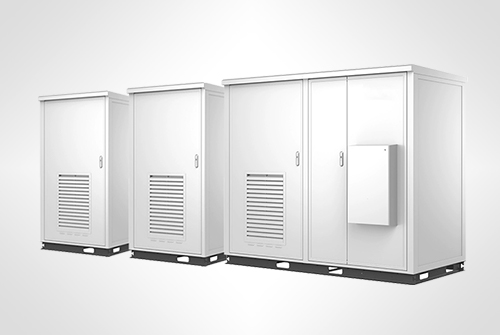
Solar and Battery Energy Storage System
Photovoltaic and Energy Storage System represents the pinnacle of sustainable energy solutions, seamlessly integrating cutting-edge solar photovoltaic technology with advanced energy storage capabilities.
10 years experience in Battery Energy Storage System . Our products are of reliable quality and have certificates of CE, IEC, UL, etc. Industrial BESS Supplier,Commercial BESS Supplier.

Photovoltaic and Energy Storage System represents the pinnacle of sustainable energy solutions, seamlessly integrating cutting-edge solar photovoltaic technology with advanced energy storage capabilities.
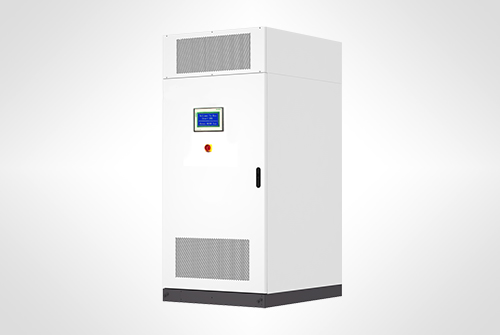
Integrated Liquid Cooling Energy Storage Systems represents the cutting edge of energy storage technology, offering unparalleled efficiency, reliability, and safety for a wide range of applications. This system seamlessly integrates advanced liquid cooling technology with high-capacity battery modules, ensuring optimal operating temperatures and maximizing lifespan.
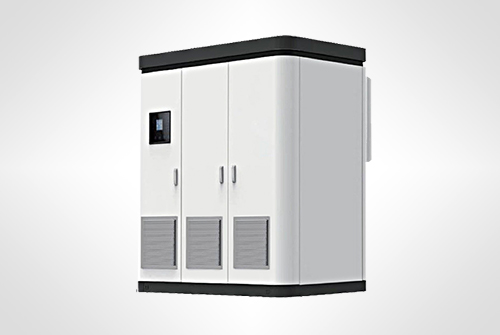
Integrated Total Liquid-Cooled Energy Storage System represents the pinnacle of advanced energy storage technology, engineered to deliver unparalleled performance, efficiency, and reliability. This system is meticulously designed to meet the growing demands of modern energy infrastructure, providing a robust solution for grid stabilization, peak shaving, and renewable energy integration.
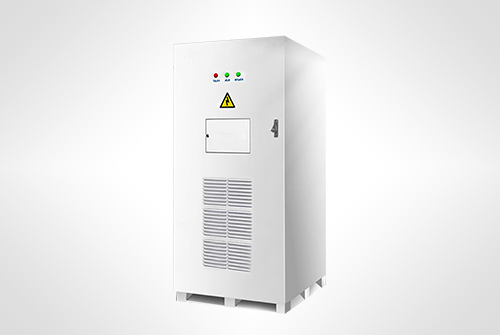
The Commercial and Industrial Liquid Cooling Energy Storage System is a cutting-edge solution designed to meet the evolving energy demands of modern businesses. Leveraging advanced liquid cooling technology, this system delivers unparalleled performance, efficiency, and reliability for a wide range of applications.
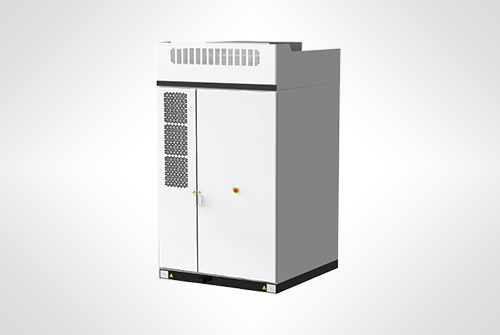
Immersion Liquid Cooling Energy Storage System represents the pinnacle of advanced thermal management in energy storage solutions. By directly immersing battery cells in a dielectric
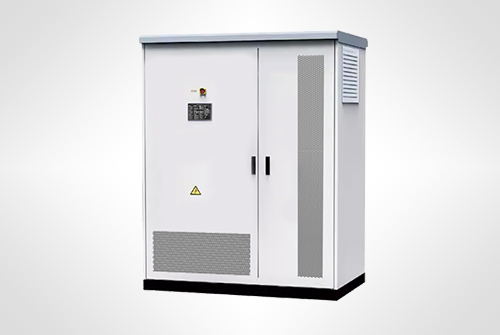
The Plate Heat Exchanger Liquid Cooling Energy Storage Systems represents a cutting-edge solution designed to optimize thermal management within modern energy storage systems. By leveraging the efficiency of plate heat exchangers, this system ensures precise temperature control, enhancing the performance, safety, and longevity of energy storage components.
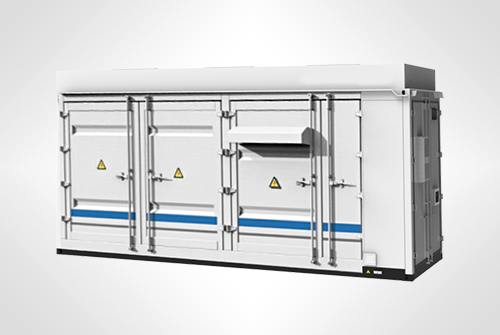
A 5 MWh battery energy storage system is a large-scale solution designed to store 5 megawatt-hours of electrical energy.
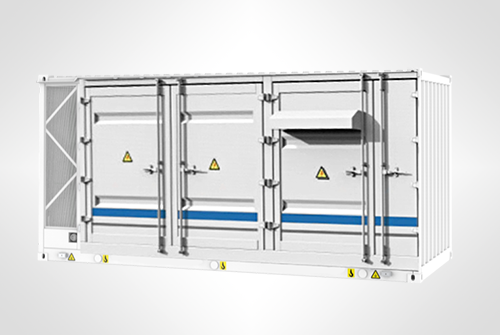
Centralized Plate Heat Exchanger Liquid Cooling Energy Storage System represents a cutting-edge solution for efficient thermal management and energy storage. Engineered for high-performance applications, our system leverages the superior heat transfer capabilities of plate heat exchangers to provide precise and reliable liquid cooling. This centralized design optimizes energy usage and reduces operational costs by efficiently storing and distributing thermal energy.
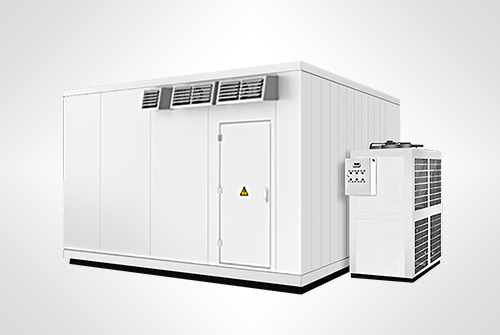
A centralized AC/DC integrated liquid cooling energy storage system combines AC and DC functionalities into a single, streamlined unit for large-scale applications, using liquid cooling for superior thermal management.
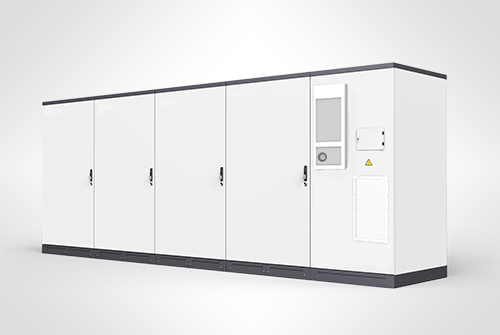
The Distributed Modular Air-Cooled Energy Storage System represents a cutting-edge solution for modern energy demands, offering a scalable, efficient, and reliable approach to energy storage.
Industrial BESS Supplier,Commercial BESS Supplier.
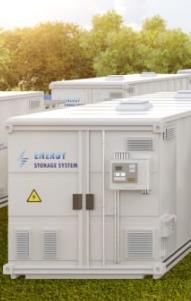
World-class battery experts, innovative designs, and relentless R&D investment.
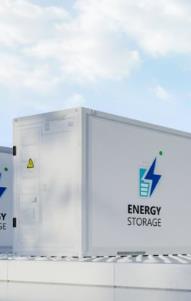
10+ years of partnerships with top-tier global suppliers for stable, high-quality components.
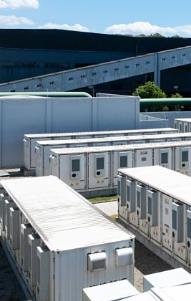
30+ local offices and overseas hubs ensure prompt, professional service worldwide.
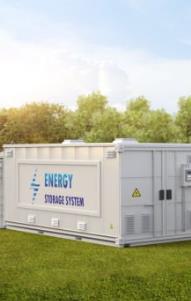
End-to-end quality management for energy storage, solar, and charging solutions you can trust.
Our high-efficiency storage systems feature 96.2% energy efficiency and 30% lower lifecycle costs, backed by global top-tier supplier rankings.
However, fires at some BESS installations have caused concern in communities considering BESS as a method to support their grids. BESS fires pose challenges to first responders due to the: Difficulty in putting out lithium-ion battery fires. Potential health impacts from emissions.
The disadvantages of this battery technology include excessive cost, inflammability, intolerance to extreme temperatures, overcharge, and over-discharge.
Different types of Battery Energy Storage Systems (BESS) includes lithium-ion, lead-acid, flow, sodium-ion, zinc-air, nickel-cadmium and solid-state batteries. As the world shifts towards cleaner, renewable energy solutions, Battery Energy Storage Systems (BESS) are becoming an integral part of the energy landscape.
With BESS currently only lasting for around 10 to 15 years of operation, developers and owners of BESS installations need to be thinking and planning now for what decommissioning will involve and what it will cost.
BESS offer numerous advantages across the energy value chain; from grid operators seeking stability to renewable developers looking to smooth generation output. But for businesses, BESS can be a powerful tool to lower costs, unlock new revenue streams, and strengthen sustainability credentials.
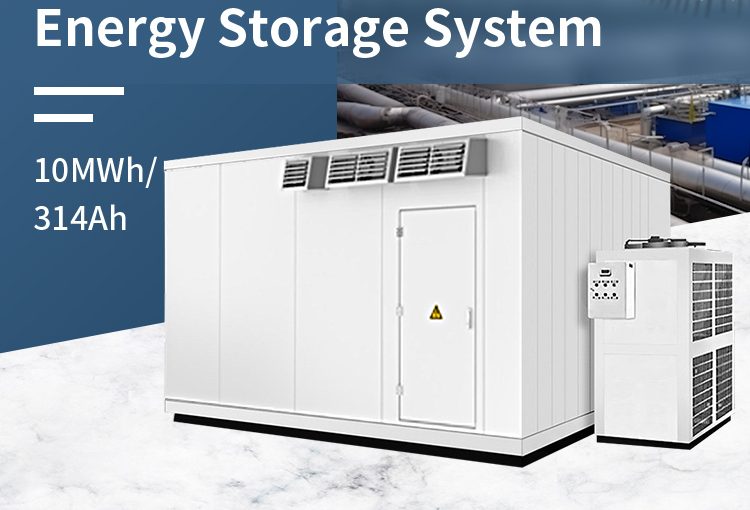
The standardized integrated design of the containerized energy storage system utilizes standard 20-foot and 40-foot containers, integrating a battery cluster (614-768V), a liquid/air-cooled temperature control system (temperature differential ≤ 5°C), a perfluorohexanone fire protection network, and an intelligent energy management system. Core components include a lithium iron phosphate battery pack (60% of the cost), a power storage converter (PCS, 15%), a battery management system (BMS), and an energy management platform (EMS). The system voltage can reach 1500V DC.
Industrial and commercial energy storage systems typically include batteries, a battery management system (BMS), a power converter (PCS), an energy management system (EMS), and other electrical components. Depending on the system architecture, they can be categorized as either AC-coupled or DC-coupled. AC-coupling offers high flexibility and is suitable for users with existing photovoltaic systems; DC-coupling offers low costs and is suitable for users with light daytime loads and heavy nighttime loads.
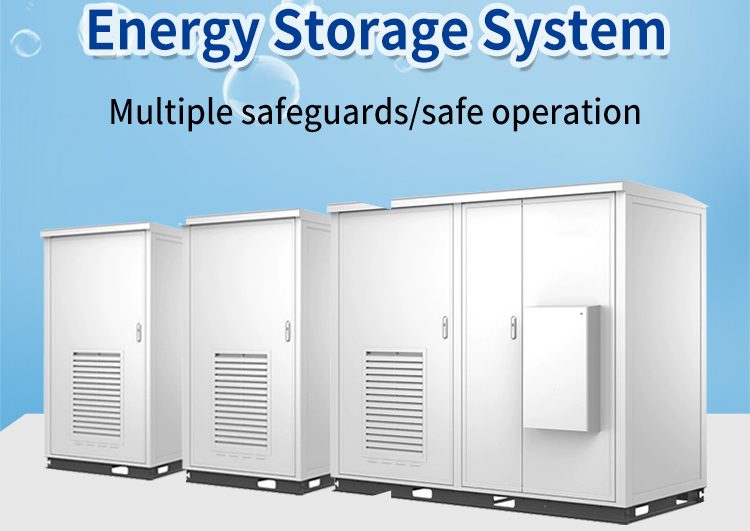
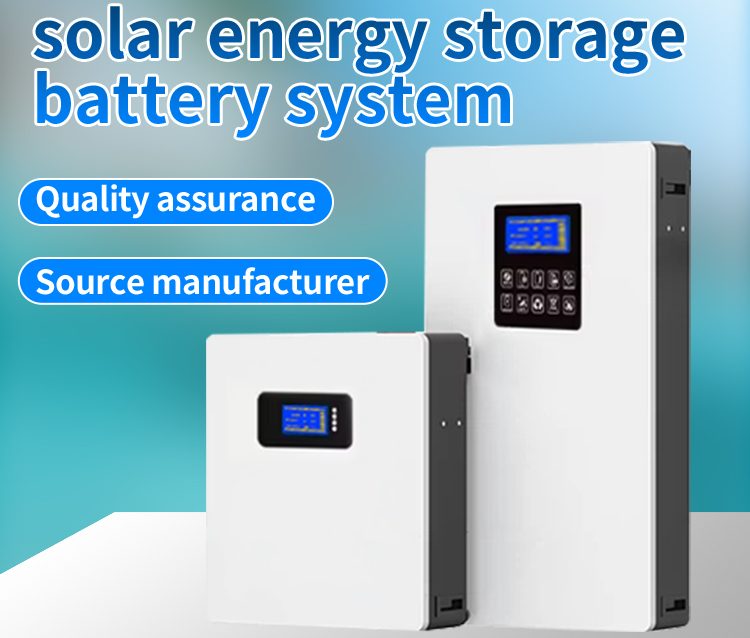
A home energy storage system is a device or system that stores electrical energy for use when needed. It typically consists of a storage battery, a battery management system (BMS), an energy conversion system (such as an inverter), and a monitoring and control system.
The core of a home energy storage system lies in the energy storage battery, with lithium-ion batteries and lead-acid batteries being common. Lithium-ion batteries have become the mainstream choice for home energy storage due to their high energy density, long lifespan, and low self-discharge rate. The battery management system monitors the battery’s status, including parameters such as voltage, current, and temperature, to ensure safe and efficient operation. The energy conversion system converts direct current (battery output) into alternating current (home electricity), and vice versa, to charge the battery.